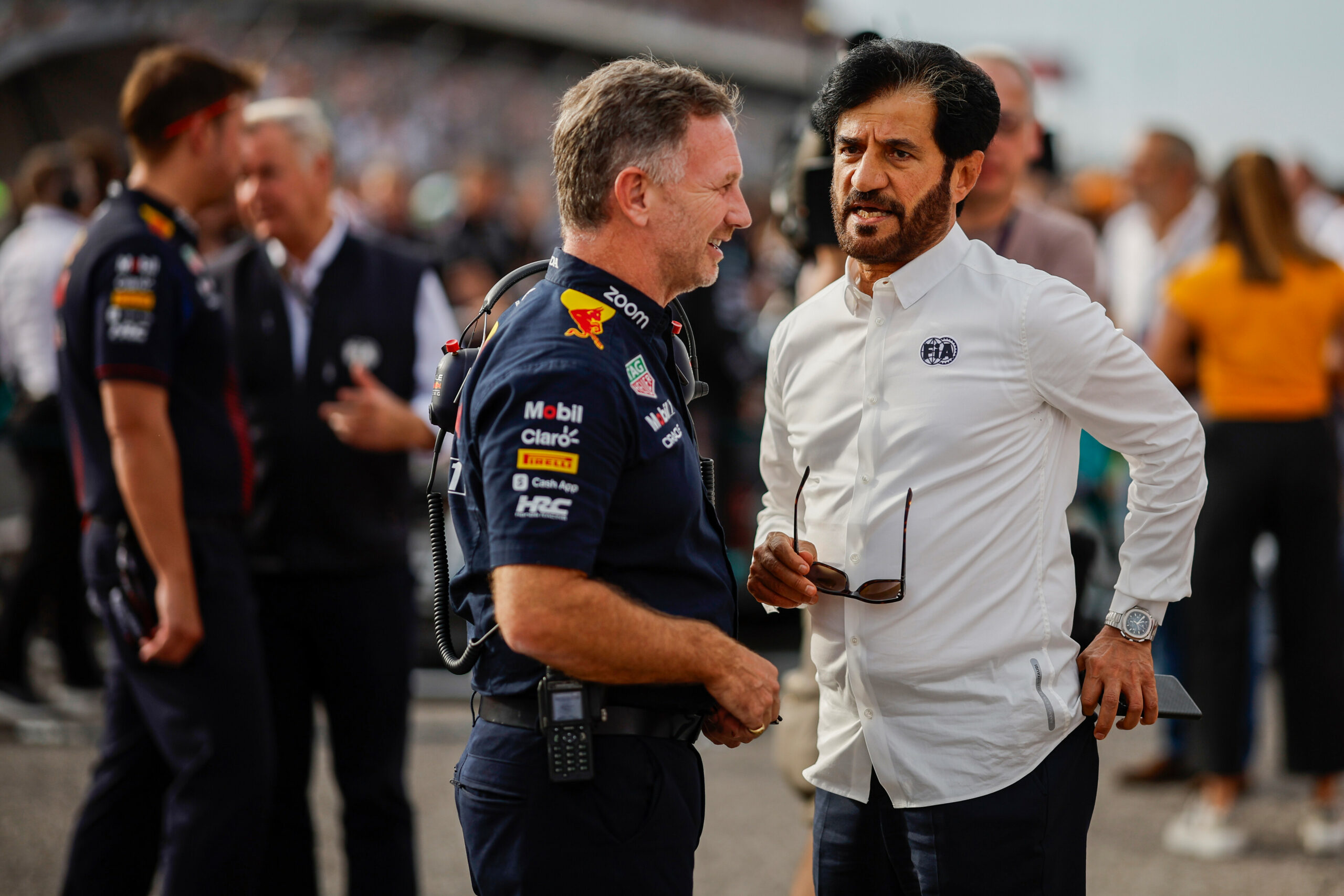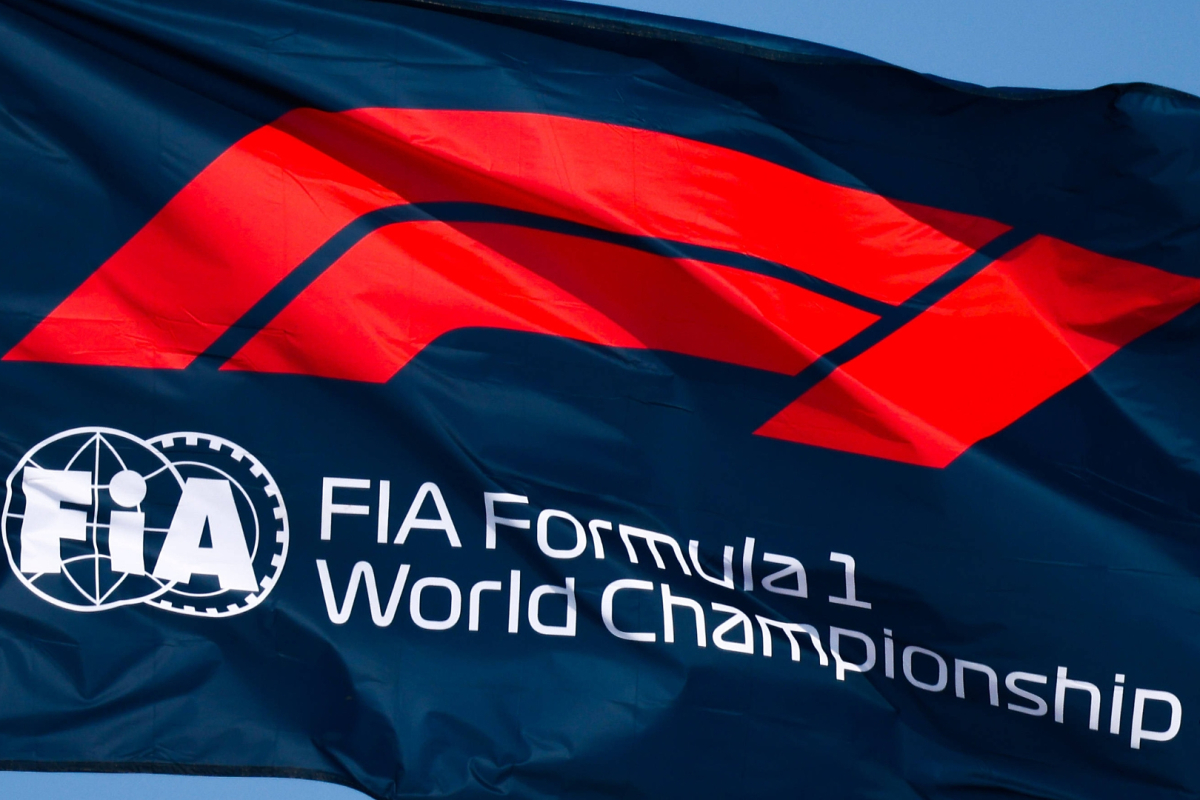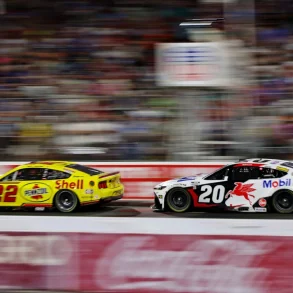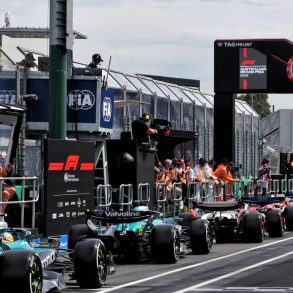Formula 1 finds itself on uncertain footing following the abrupt resignations of F1 Race Director Niels Wittich and Liberty Media CEO Greg Maffei, two pivotal figures in the sport’s upper echelons.
These departures have sent shockwaves through the paddock, leaving fans, teams, and stakeholders questioning the governance and future trajectory of the sport.
Wittich’s Departure: Voluntary or Forced?
Shortly after the FIA announced Wittich’s resignation, citing his intention to “pursue other interests,” Motorsport Magazin reported that Wittich himself claimed he had been dismissed rather than stepping down voluntarily.
This revelation has sparked significant speculation, as the timing of Wittich’s exit—mere days before the highly anticipated Las Vegas Grand Prix—raises questions about internal FIA dynamics.
With only three races left in the 2024 season, Wittich’s successor, Rui Marques, faces an immense challenge. Marques, previously overseeing the FIA’s Formula 2 and Formula 3 series, must quickly adapt to the pressures of F1’s fast-paced environment.
His debut comes at the Las Vegas Grand Prix, a track known for its high-overtake action, boasting 99 passes in 2023—the most in a single race since 2016.
Wittich’s Controversial Tenure
Wittich stepped into the role of F1 Race Director in 2022, following Michael Masi’s controversial exit, during a period when race officiating was under intense scrutiny.
While he successfully navigated several high-pressure scenarios, Wittich’s decisions in recent races have drawn criticism.
Delayed red flags during qualifying and contentious use of the Virtual Safety Car in Brazil are among the incidents that reportedly fueled dissatisfaction within the FIA.
Some insiders suggest that FIA President Mohammed Ben Sulayem may have influenced Wittich’s removal.
Ben Sulayem, who has faced allegations of overreach and clashed publicly with drivers like Lewis Hamilton over issues such as cockpit jewelry regulations, was cleared of any wrongdoing earlier this year.

However, his leadership style continues to attract controversy, casting a shadow over Wittich’s abrupt departure.
Liberty Media CEO Greg Maffei Steps Down
Adding to the turmoil, Liberty Media CEO Greg Maffei announced his resignation, effective at the end of 2024.
Maffei has been a transformative figure for Formula 1 since Liberty Media’s acquisition in 2017, overseeing its evolution into a global entertainment powerhouse.
His tenure saw a dramatic rise in F1’s popularity, particularly in the United States, as well as strategic moves like Liberty’s attempt to acquire Dorna Sports, the parent company of MotoGP.
However, the MotoGP acquisition has attracted scrutiny from European regulators, who are investigating the deal for potential monopolistic practices.
Liberty’s rejection of Andretti Global’s F1 application has also fueled criticism, with detractors arguing that the company is creating barriers for new entrants to the sport.
Formula E founder Alejandro Agag highlighted these concerns, warning that Liberty’s growing dominance across motorsport series could harm competition.
“The leverage this merger will give in negotiations with broadcasters is significant,” Agag told. “I think the European Commission will look very carefully at this deal.”
Maffei’s decision to step down may reflect a desire to distance himself from the potential fallout of these regulatory challenges.
John Malone, Liberty Media’s chairman, will step in as interim CEO, facing immediate pressure to go through antitrust investigations and maintain F1’s growth trajectory.
A Crossroads for Formula 1
The dual departures of Wittich and Maffei expose deeper tensions within F1’s governance.
The FIA must swiftly ensure stability in race operations, particularly with Marques stepping into the role of Race Director amid a critical stretch of the season. Meanwhile, Liberty Media faces significant scrutiny over its competitive practices and long-term strategy.
These leadership changes come at a critical juncture for Formula 1, which must balance its rapid commercial expansion with the operational and ethical demands of a global sport.
For fans, teams, and stakeholders, the unfolding drama is a stark reminder that the battles off the track—in boardrooms and regulatory arenas—can be just as pivotal as the action on it. How F1 navigates these challenges will likely shape its trajectory for years to come.







